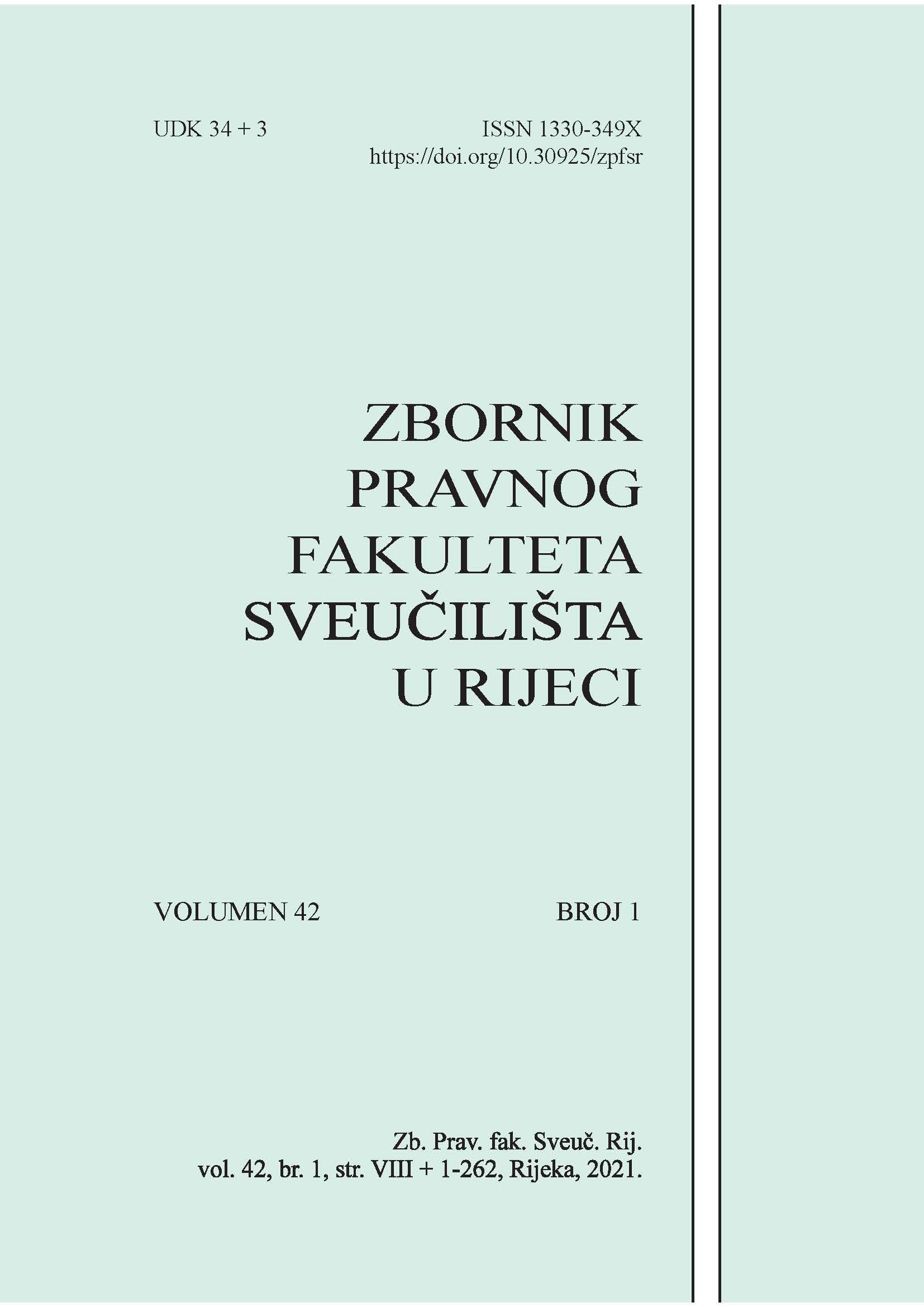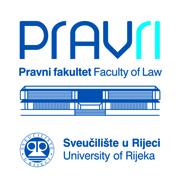CONFLICT-RELATED SEXUAL VIOLENCE AND THE APPLICATION OF THE CONCEPT OF RESPONSIBILITY TO PROTECT (RToP)
DOI:
https://doi.org/10.30925/zpfsr.42.1.7Keywords:
responsibility to protect (RtoP), conflict-related sexual violence, Security Council, Secretary-General, Special Representative of the Secretary-General on Sexual Violence in ConflictAbstract
This paper aims to consider and analyze activities against conflict-related sexual violence, which are carried out within the UN system and represent or may serve as examples of the implementation of the concept of responsibility to protect (RtoP) on the path to effectively combating sexual violence in armed conflict. RtoP is a relatively new instrument of political relations that presupposes the responsibility of the state to adequately protect the population in its territory from genocide, crimes against humanity, war crimes, and ethnic cleansing, on the one hand, and the responsibility of the international community to encourage and assist states in their primary responsibility and taking timely and decisive measures when primary responsibility is clearly absent, on the other. These responsibilities are seen in the context of the so-called three pillars of the RtoP concept, through which the protection of individuals (mostly women, but not exclusively) from conflict-related sexual violence can also be observed.
Additional Files
Published
Versions
- 2023-12-20 (2)
- 2021-06-07 (1)
How to Cite
Issue
Section
License
Copyright (c) 2021 Sandra Fabijanić Gagro, Romana Crgol

This work is licensed under a Creative Commons Attribution-NonCommercial 4.0 International License.
Collected Papers is an open access journal. Journal does not charge article processing charges (APC) to authors. It is licensed under CC BY-NC licence 4.0.
Collected Papers of the Law Faculty of the University of Rijeka" is an Open Access journal. Users are allowed to read, download, copy, redistribute, print, search and link to material, and alter, transform, or build upon the material, or use them for any other lawful purpose as long as they attribute the source in an appropriate manner according to the CC BY licence.
The papers published in "Collected Papers of the Law Faculty of the University of Rijeka" can be deposited and self-archived in the institutional and thematic repositories providing the link to the journal's web pages and HRČAK.
Upon acceptance of the manuscript for publication by this journal, the author can publish same manuscript in other journals only with the permission of the Editorial Board (secondary publication). A repeated publication should contain a notice as to where the manuscript was originally published.



